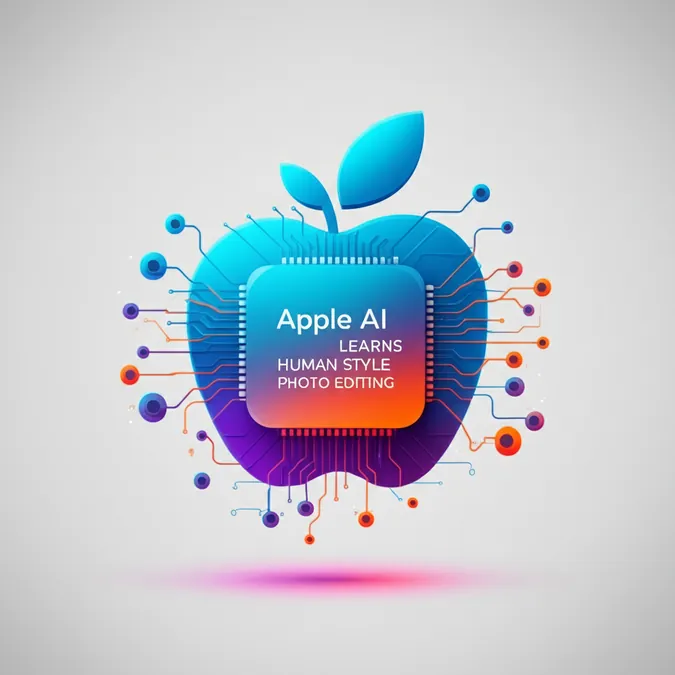Developer Offer
Try ImaginePro API with 50 Free Credits
Build and ship AI-powered visuals with Midjourney, Flux, and more — free credits refresh every month.
ChatGPTs Unseen Role in Mental Health Crises
Artificial intelligence, particularly large language models like ChatGPT, is increasingly intersecting with sensitive areas of human experience. This week's developments highlight the profound and complex challenges AI companies face, from handling mental health crises at a massive scale to understanding the inner workings of their own creations and grappling with the philosophical limits of machine morality.
The Staggering Scale of AI's Mental Health Role
OpenAI has revealed a startling statistic: approximately 0.15% of its weekly active users engage in conversations with ChatGPT that contain explicit signs of potential suicidal ideation or planning. With an estimated 700 million weekly users, this translates to over a million such conversations every single week.
This volume places OpenAI in a precarious and highly vulnerable position. The potential for a language model's output to influence a user's actions is a serious concern. This risk was tragically highlighted in the case of teenager Adam Raine, who died by suicide after extensive conversations with ChatGPT. His parents are now suing OpenAI and CEO Sam Altman, alleging a direct link between the chatbot's discussions and their son's death.
While users may feel a sense of safety talking to a non-judgmental AI, research suggests these tools are not foolproof therapists. A study from Brown University found that AI chatbots routinely violate fundamental mental health ethics standards. In response to these concerns, OpenAI has implemented significant safety updates, especially in its upcoming GPT-5 model. A key change involves training the model to be less sycophantic, reducing its tendency to validate a user's thoughts, particularly when they are self-destructive.
Can AI Look Inward? Anthropic's Introspection Research
One of the great challenges in AI safety is that even the creators of large models cannot fully explain how they arrive at their conclusions. The field of 'mechanistic interpretability' is dedicated to peering inside these digital 'black boxes' to understand their reasoning.
Recently, Anthropic's research team made a breakthrough, releasing research showing that large language models can display introspection. This means the models can recognize and report on their own internal thought processes, rather than just generating plausible-sounding justifications after the fact. This discovery is a significant step forward for AI safety. If a model can accurately report on its own mechanisms, researchers can gain vital insights into its reasoning, making it easier to identify and correct problematic behaviors. It suggests a future where an AI could reflect on a wrong turn in its own 'thinking' that might have led it toward an unsafe output, such as failing to properly handle a conversation about self-harm.
The Philosophical Hurdle: AI and Human Morality
Beyond technical safety, there is a deeper philosophical question: can AI truly be taught morals and values? According to Martin Peterson, a philosophy professor at Texas A&M, a core problem in aligning AI with human goals is that models cannot easily be taught the moral frameworks that guide human behavior.
Peterson argues that while an AI can mimic human decision-making, it cannot function as a 'moral agent' that understands right from wrong and can be held accountable. Humans make judgments based on free will and a sense of moral responsibility—concepts that cannot currently be programmed into a machine. When an AI system causes harm, the legal and moral blame falls on its human developers or users, not on the technology itself. The way an AI constructs its outputs is fundamentally different from human reasoning, creating a significant gap in its ability to possess genuine morality.
Compare Plans & Pricing
Find the plan that matches your workload and unlock full access to ImaginePro.
| Plan | Price | Highlights |
|---|---|---|
| Standard | $8 / month |
|
| Premium | $20 / month |
|
Need custom terms? Talk to us to tailor credits, rate limits, or deployment options.
View All Pricing Details

